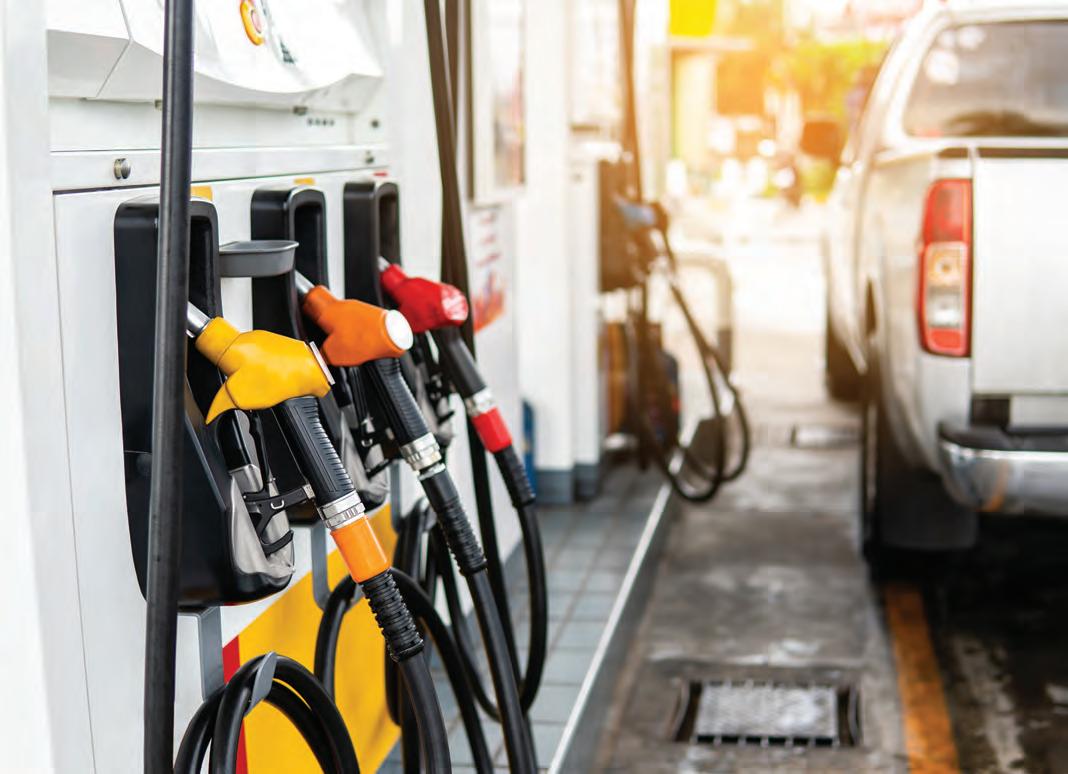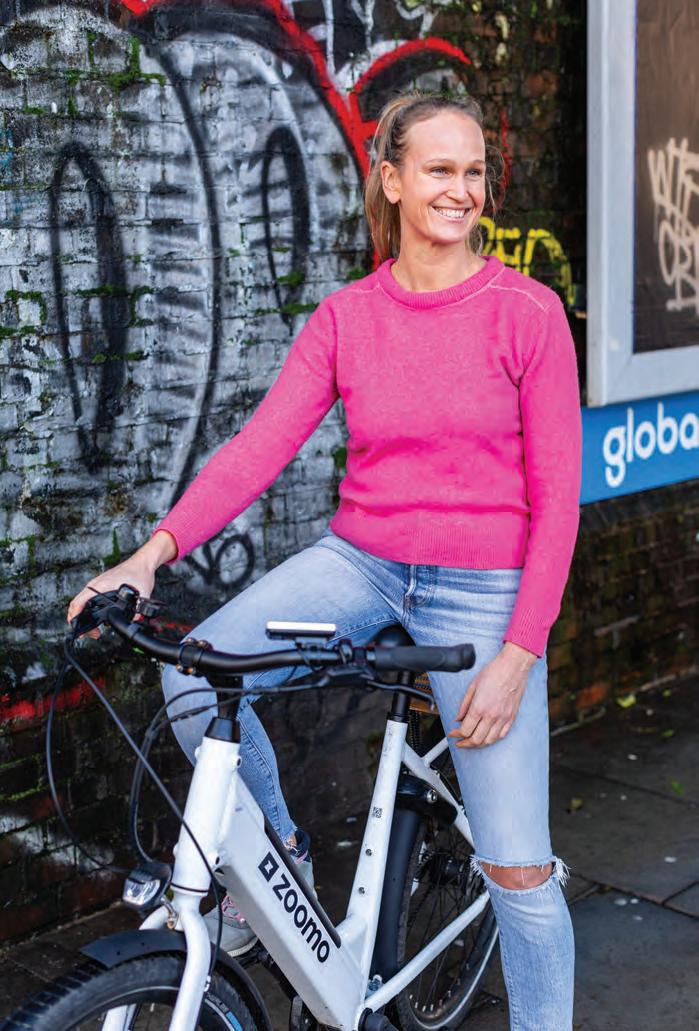
4 minute read
How we stop the next petrol panic in its tracks?
The electric opportunity: HOW WE STOP THE NEXT PETROL PANIC IN ITS TRACKS?
Attributed to Lisa Conibear,
Advertisement
Zoomo UK & EU Regional Director
The societal impact of the petrol shortage in the UK has been staggering and has seemingly impacted people in all walks of life. Consumers can’t fill up their car to take their kids to school, shop owners are waiting on critical supplies and delivery workers whose petrol car or moped lays dormant are seeing orders stack up and income lost. At the same time, electric car owners in the UK are feeling an overwhelming sense of validation as chaos continues to play out at petrol stations across the country amid shortages and panic buying. Analysis of Google search data revealed that online searches for ‘electric cars’ in the UK were up 1,600% over the weekend, and it makes sense. Electric cars are a great long-term alternative to petrol-based vehicles, and they’re crucial in helping to build more sustainable cities. But the sole focus on electric cars as the answer to the petrol crisis is reductive. Such a narrow focus will also slow down the race to zero emissions. As Mike Granoff, managing partner at Maniv Mobility, a leading early stage automotive sector VC, has said: “Electrification is about more than cars.” This couldn’t be more true. If we all hopped back onto our Google search history, backspaced ‘cars’ and added ‘bikes’, we’d find an exciting and practical answer awaiting us. This is because the nature of mobility, especially in big cities, is fundamentally changing. We now have to consider not only the type of engine we use, but also whether it is practical to use a 2-tonne vehicle to transport an 80kg human just 2km through a metropolitan area.
Light electric vehicles (LEVs), such as e-bikes and e-mopeds, are the alternative option for commuters, couriers and small businesses who need to be mobile around our cities. Take delivery riders for example. Those currently reliant on their petrol-fuelled mopeds (approx. 40% of the UK’s delivery fleet) are experiencing considerable downtime as they struggle to find petrol to quite literally fuel their daily jobs. The result is lost income, and it ultimately has a ripple effect on consumers waiting for their burrito bowl to arrive. E-bikes offer immediate accessibility - there’s no license required and subscription models are available to reduce entry costs. They are far cheaper than both petrol-fuelled vehicles (cars and mopeds) and electric cars. One average, purchasing an e-bike costs 1/20th of the cost of a petrol car, and this doesn’t even account for the lifetime cost savings associated with car ownership, including insurance, regular servicing and the annual replacing of parts you never knew existed. The 2021 petrol panic underscores an over-reliance on petrol-fuelled vehicles to get around. Even worse, this panic is centered on increasingly smaller and smaller trips. Research from Transport for London (TfL) highlighted that one third of all the car trips made by London residents are less than 2km. Trips that can be made cleaner and smarter with electric alternatives. Beyond just cost and convenience, there is a far greater need for the uptake in e-bikes and e-mopeds, and that’s to protect our planet. It’s been disappointing to hear about petrol stations workers being abused and seeing scenes of people clashing as angry drivers tussle to get their hands on fuel. Mostly because this entire situation could be avoidable if we decrease our reliance on unsustainable forms of energy. The reality is that petrol is a critical need only because humanity still has taken longer than necessary to move towards an electric future. The shortage is not a time to grab a bucket and fill it with gas. It’s time to critically re-evaluate when and where petrol is required in our daily lives and when and where we can opt for a cleaner alternative. We have a unique opportunity to explore a new means of transport, one that can protect our planet and offer cleaner substitutes. LEV’s are a strong way forward. They are accessible to most and greener than petrol-fuelled alternatives. To use a likefor-like equivalent, a petrol moped emits 98 grams of CO2 emissions per km, whereas e-bikes emit just 22 grams of CO2 emission per km - less than 1/4th of a petrol moped. Even when compared to driving an electric car, emissions from e-biking can be up to ten times lower, a recent study found. Electrification is about more than cars. The role that LEVs can play in building greener and more efficient cities is significant. Micro-mobility is not only the answer to the current petrol crisis, but the answer to the future of urban transport - how we move both people and goods around our cities. Society will shape the future of urban transport. So, in the future, let’s stop characterising this as a petrol crisis and instead re-frame it as an electric opportunity.











